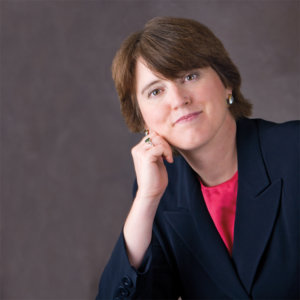From the Editor: Decision Making in the Digital Age
Reflections on data and decision making.
We live in an age of data abundance. Business executives today have access to far more data than any previous generation of managers, and that transforms the way many business decisions are made. As Erik Brynjolfsson, the Schussel Family Professor of Management at the MIT Sloan School, pointed out recently at a forum on big data in manufacturing, “If Henry Ford had tried to be a data-driven guy, it would have been very hard — because most of the data wasn’t available.”
But now such information is widely available, and executives want to use it. Our new survey on data analytics finds that managers feel a sense of urgency about using analytics to improve business decision making: A majority of respondents across a variety of industries surveyed strongly agree about the need to step up analytics use. You can read more about the survey findings — and how analytics use is evolving in business — in “Raising the Bar With Analytics,” by David Kiron, Pamela Kirk Prentice and Renee Boucher Ferguson.
However, even when you have plenty of data, making wise decisions about topics like strategy can be challenging. In “Strategic Decisions for Multisided Platforms,” Harvard Business School associate professor Andrei Hagiu provides a thoughtful analysis of four strategic questions faced by companies that operate multisided platforms — an increasingly popular business model used by companies ranging from LinkedIn to Facebook to Airbnb.
And no matter how much data we collect and analyze, our perspectives are still colored by human foibles. In “The Problem With Online Ratings,” Sinan Aral, who is the David Austin Professor of Management and an associate professor of information technology and marketing at MIT Sloan, takes a fascinating look at how herd instincts and social influence bias online reviews — a type of data that many contemporary consumers rely on when selecting what to buy, where to stay and where to eat. “In the digital age, we are inundated by other people’s opinions,” Aral observes. The trouble, according to Aral, is that all those opinions may be changing our own views — in ways we aren’t aware of.
Martha E.

